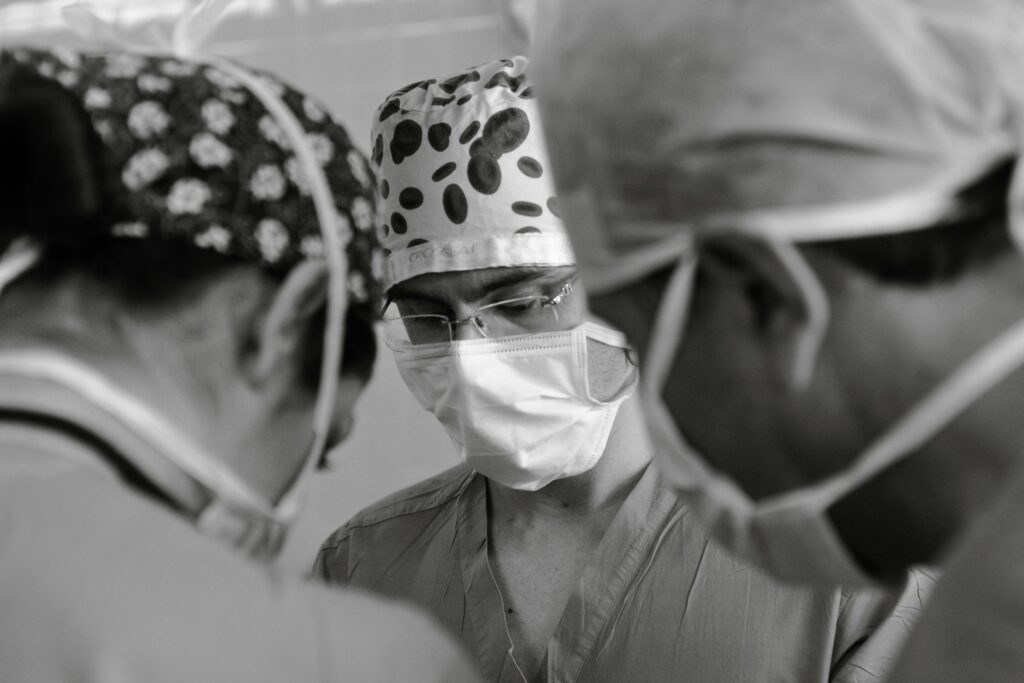The recent revelation that Lady Hardinge Medical College (LHMC) wrongly disqualified disabled NEET-qualified candidates from the MBBS reservation quota signals a troubling failure within India’s medical certification system. The intervention by AIIMS experts followed by a Delhi High Court order and subsequent exposure of the flaws in LHMC’s certification process throws light on grave issues of medical negligence, institutional accountability, and the life-changing consequences for students with disabilities.
Summary of the Incident
In the present case, two NEET-qualified students with hearing impairment were assessed by a three-member LHMC medical board, which drastically understated their disability percentages certifying them at just 14% and 2%, far below their actual conditions noted in the Unique Disability ID (UDID). The official UDID documents, issued by the designated authority, recorded disability ratings of 63% and 50%, making them eligible for the 5% MBBS seat reservation mandated for Persons with Disabilities (PWD). This discrepancy wrongfully excluded the students from the first round of admissions counselling, thus jeopardizing their medical aspirations.
The Delhi High Court constituted a board at AIIMS, which conducted comprehensive clinical and audiological tests. The AIIMS experts found that the students actually had 66.5% and 43.13% disability, validating their eligibility under the statutory quota.
How Could Such Errors Occur?
The present case is not an isolated incident, but a symptom of larger systemic problems. Wrongful certification from medical boards is a continuing concern, especially given the existence of government-sanctioned, gazetted evaluation guidelines and objective testing mechanisms. The reason for the error at LHMC is suspected to be a combination of negligence, insufficient use of objective tests, or perhaps lack of awareness and training about contemporary disability assessment protocols.
Modern audiological assessment no longer relies solely on subjective tests that require patient cooperation, such as Pure Tone Audiometry and Speech Audiometry. Objective tests namely Brainstem Evoked Response Audiometry (BERA), otoacoustic emission, and impedance audiometry offer reliable results that minimize human bias and detect malingering or exaggeration. These tools are widely available in Delhi hospitals, but very evidently were either ignored or misapplied by the Lady Hardinge panel.
The Significance of Unique Disability ID (UDID)
The UDID was launched as a standardized, single document evidence of disability status, the UDID is central to establishing a person’s eligibility for benefits and reservations. It is issued by designated government health authorities following rigorous assessment, supposedly removing room for arbitrary or erroneous judgment calls. However, the Lady Hardinge incident indicates that, even with the UDID in hand, a student can still be denied rightful opportunities solely based on flawed board evaluations.
Impact on Lives and Legal Redress
The implications of erroneous disability certification are profound; for young students, it means not only being deprived of statutory rights but also suffering stigma, stress, and possible derailment of a hard earned academic future. The two students in this case lost out on the chance to participate in the first round of MBBS counselling. Had they not challenged the medical board’s decision in court, their futures might have been inexcusably compromised.
The Delhi High Court’s order, based on AIIMS’s report, brought timely relief and enabled the affected students’ participation in subsequent counselling rounds. Yet, this case exposes a wider injustice: only those who can afford to seek legal remedy might obtain justice. Numerous other candidates, equally or more aggrieved, may never be able to challenge wrongful certification due to lack of awareness, resources, or support.
Need for Institutional Accountability and Reform
Disability rights activists, including Dr Satendra Singh, the founder of Doctors with Disabilities: Agents of Change, have emphatically called for accountability in such cases. The activists note that, while there is much concern and policy attention on fake disability certificates, little effort is made to scrutinize the practices of medical boards whose arbitrary assessments cloud the process and crush deserving students’ careers. Singh terms these errors as “grave blunders that amount to medical negligence” and demands that responsibility be fixed on the erring doctors and reform instated in certification procedures.
Systemic improvements are needed to avoid recurrence: this includes regular training for medical board members, strict adherence to gazetted guidelines, routine use of objective diagnostic tools, and transparent mechanisms for students to contest adverse certification.
Broader Implications for Disability Rights
This incident has stimulated debate on the real-world effectiveness of disability assessment protocols in India. The existence of assessment guidelines alone is not sufficient; robust implementation, oversight, and responsive redressal mechanisms are critical. The incident draws attention to how administrative lapses can have far-reaching effects on policy implementation, social justice, and educational access for persons with disabilities.
Moreover, the growing demand for an independent inquiry into LHMC’s certification process points toward the need for broader reform and not just punitive action for individual mistakes, but structural changes to ensure such negligence is not repeated elsewhere.
Conclusion
The case of the wrongly disqualified MBBS aspirants due to LHMC’s errant disability assessment is a wake-up call. It exposes the urgent need for transparent, accurate, and compassionate disability certification processes. As India intensifies its focus on inclusion and equal opportunity, medical boards must recognize their pivotal role as gatekeepers, ensuring and not denying access to rightful opportunities for disabled students. By holding errant professionals accountable and investing in training and standardization, the nation can hope to prevent such injustice in the future.
Akanksha Tripathy
5th year B.B.A.LL.B (Honours) student at BML Munjal University School of Law.

